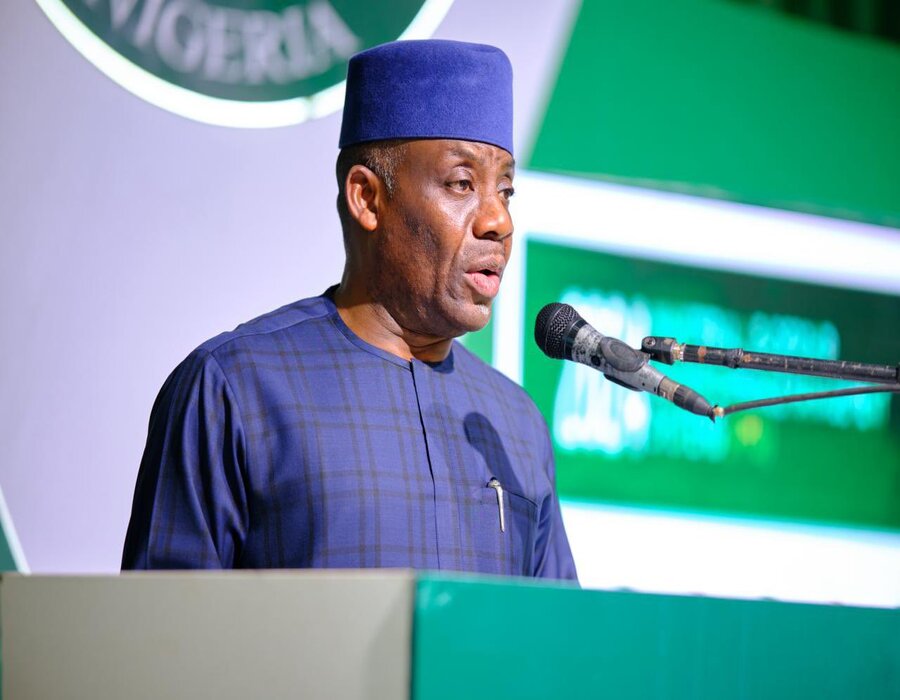Nigeria’s new education policy sets 12 as the minimum age for JSS1 admission, aiming to standardise school progression and curb underage enrolment, especially in non-state schools.
25th July 2025 12:35 PM ![]()

The Federal Government has set 12 years as the minimum age for admission into Junior Secondary School One (JSS1), following the completion of six years of primary education.
The directive is part of a newly released policy on Non-State Schools launched by the Federal Ministry of Education last week. The policy provides updated guidelines on age-appropriate progression in Nigeria’s basic education system.
According to the Ministry, nursery education should last three years, beginning at age three, with pre-primary or kindergarten education starting at age five. Children are expected to begin Primary One at age six and complete six years of primary schooling by age twelve, when they become eligible for JSS1.
The policy aims to streamline the education process and ensure uniformity in admission standards across schools nationwide, especially in non-state schools, which include private and religious institutions not operated by government.
It added that basic education should last nine years in total—six years of primary and three years of junior secondary education. Children are therefore expected to finish secondary school at around 18, in line with the typical university entry age.
While former Education Minister Prof. Tahir Mamman had fixed 18 as the minimum university entry age, current Minister Dr. Tunji Alausa has since revised it back to 16.
Data from the Nigeria Education Digest 2022 revealed that non-state schools now outnumber government schools at the junior secondary level in at least 26 states. The report also showed faster growth in non-state schools between 2017 and 2022, especially in urban areas.